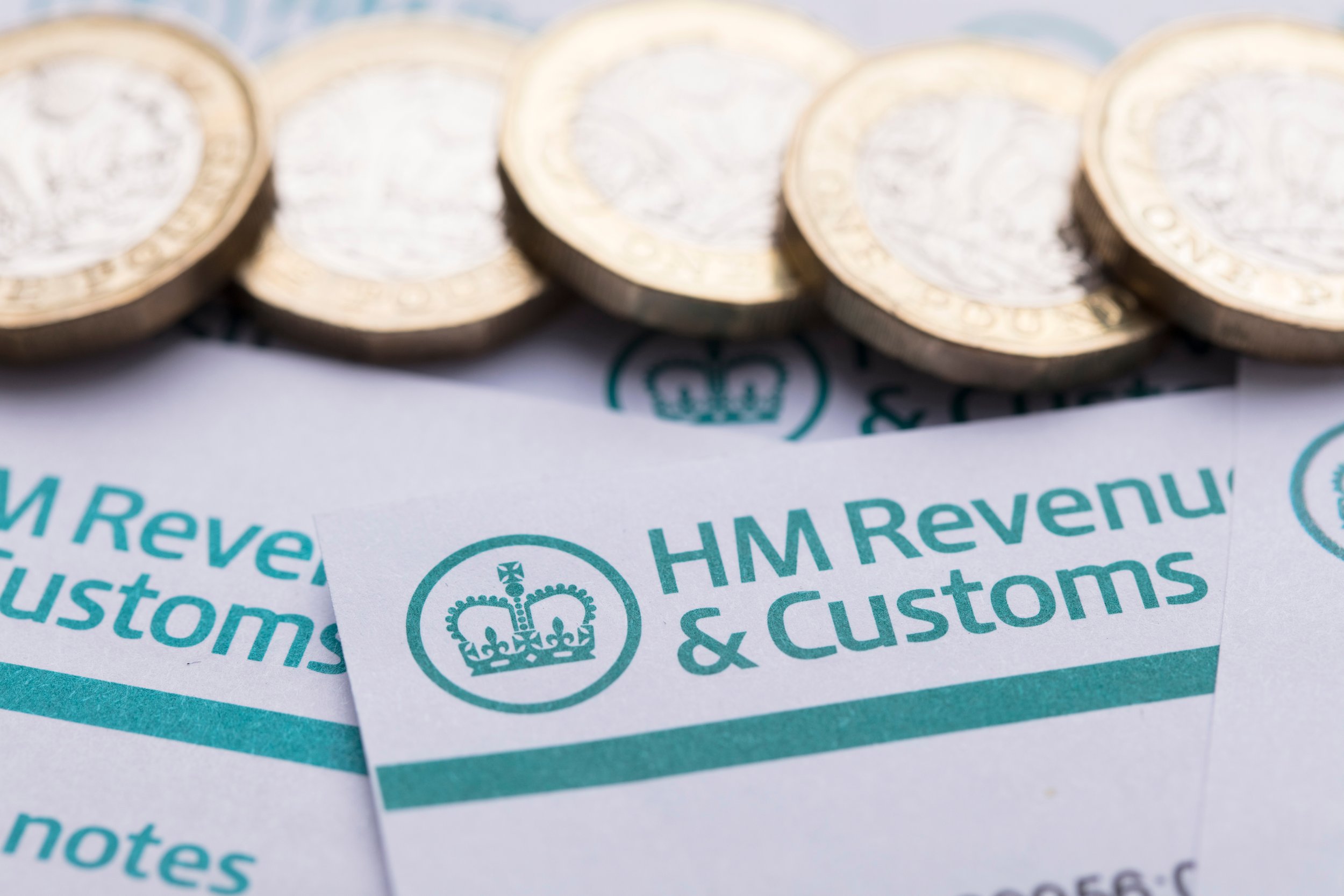
What is HMRC?
HMRC plays a vital role in the U.K.’s financial system by collecting taxes, administering benefits, and ensuring compliance with tax and customs laws. It serves as the primary authority for tax-related matters, providing essential services and support to individuals and businesses across the country.
Her Majesty's Revenue and Customs (HMRC) is the United Kingdom's tax, payments, and customs authority. Established on April 18, 2005, it was formed by the merger of the Inland Revenue and HM Customs and Excise. HMRC is responsible for the administration and collection of various taxes, the payment of some forms of state support, and the enforcement of the national minimum wage. This article will provide an in-depth look at HMRC, its roles, responsibilities, and how it impacts individuals and businesses in the UK.
Roles and Responsibilities of HMRC
HMRC has a wide range of responsibilities, including but not limited to:
Tax Collection:
Income Tax: Collected from individuals on their earnings, pensions, and savings.
Corporation Tax: Levied on company profits.
Value Added Tax (VAT): Applied to most goods and services.
Capital Gains Tax: Charged on the profit when you sell an asset that has increased in value.
Inheritance Tax: Applied to estates above a certain threshold.
Stamp Duty: Collected on property transactions and share purchases.
Customs and Excise:
Import and Export Duties: Managing and collecting duties on goods brought into or sent out of the UK.
Excise Duties: Taxes on goods such as alcohol, tobacco, and fuel.
State Support and Benefits:
Child Benefit: Payments to parents or guardians of children.
Tax Credits: Financial support for low-income working families.
Universal Credit: A single payment to help with living costs for those on a low income or out of work.
Enforcement:
National Minimum Wage: Ensuring employers pay their employees at least the minimum wage.
Tax Evasion and Fraud Prevention: Investigating and prosecuting individuals and businesses that evade taxes or commit fraud.
Administration:
Self Assessment: Managing the system where individuals and businesses report their income and gains.
PAYE (Pay As You Earn): Overseeing the system where employers deduct tax and National Insurance from employees' wages.
National Insurance Contributions: Collecting contributions that fund state benefits.
Structure of HMRC
HMRC is headed by a Chief Executive and overseen by a Board. It operates through various departments and directorates, each responsible for different aspects of tax collection, enforcement, and customer service. Some key departments include:
Customer Compliance Group (CCG): Handles tax compliance and enforcement activities.
Customer Services Group (CSG): Manages customer interactions and service delivery.
Digital Transformation: Oversees the development and implementation of digital services.
Strategy and Communications: Responsible for overall strategy and internal and external communications.
How HMRC Impacts Individuals
For individuals, HMRC’s roles and responsibilities translate into various touchpoints, including:
Income Tax and National Insurance: Individuals need to ensure they are paying the correct amount of tax through PAYE or Self Assessment. They also make National Insurance contributions which impact eligibility for state benefits and pensions.
Tax Credits and Benefits: Individuals may interact with HMRC when claiming Child Benefit, Tax Credits, or Universal Credit.
Compliance and Investigations: Individuals may be subject to compliance checks or investigations if there are discrepancies in their tax returns or if they are suspected of tax evasion.
How HMRC Impacts Businesses
For businesses, HMRC’s roles and responsibilities encompass:
Corporate Taxes: Businesses need to pay Corporation Tax on their profits and may need to register for VAT if their turnover exceeds certain thresholds.
PAYE and National Insurance: Employers must operate PAYE, deducting income tax and National Insurance from employees’ wages and making employer contributions.
Customs and Excise: Businesses involved in importing and exporting goods must comply with customs regulations and pay the relevant duties.
Compliance and Investigations: Businesses are subject to tax compliance checks and investigations to ensure they are meeting their tax obligations.
Contacting HMRC
Individuals and businesses may need to contact HMRC for various reasons, including tax queries, reporting changes in circumstances, and seeking guidance. HMRC can be contacted through:
Online Services: HMRC’s online portal provides a range of services, including Self Assessment, PAYE, and VAT.
Telephone: HMRC has helplines for different tax areas.
Post: Written correspondence can be sent to HMRC offices.
In-Person: Although less common, some matters may require face-to-face meetings.
Conclusion
HMRC plays a crucial role in the functioning of the UK’s financial system, ensuring that taxes are collected efficiently, state benefits are paid correctly, and compliance with tax laws is enforced. By understanding the structure, roles, and responsibilities of HMRC, individuals and businesses can better navigate their interactions with this essential government body. Whether you are an individual taxpayer, a business owner, or a recipient of state benefits, knowing how HMRC operates and what is expected of you can help you stay compliant and avoid potential issues.
Other HMRC Articles
Can I Get a Copy of my P45 from HMRC?
Can I Get a Copy of my P60 from HMRC?
Do I Need to Declare Cash Gifts to HMRC UK?
Do I Need to Notify HMRC of Savings Interest?
How Far Back Can HMRC Investigate?
How Long Do You Need to Keep Records for HMRC?
How to Change Address with HMRC

Need to File your Self Assessment?
Our team of tax specialists are here to help you every step of the way, from registering for self assessment to submitting your tax return. We offer fixed priced accountancy services and handle all of your self assessment filing responsibilities leaving you stress free and up to date.
Whether you have income acting as a sole trader or are looking to start a business, give us a call today for a free non obligated consultation to see how we can assist you.
